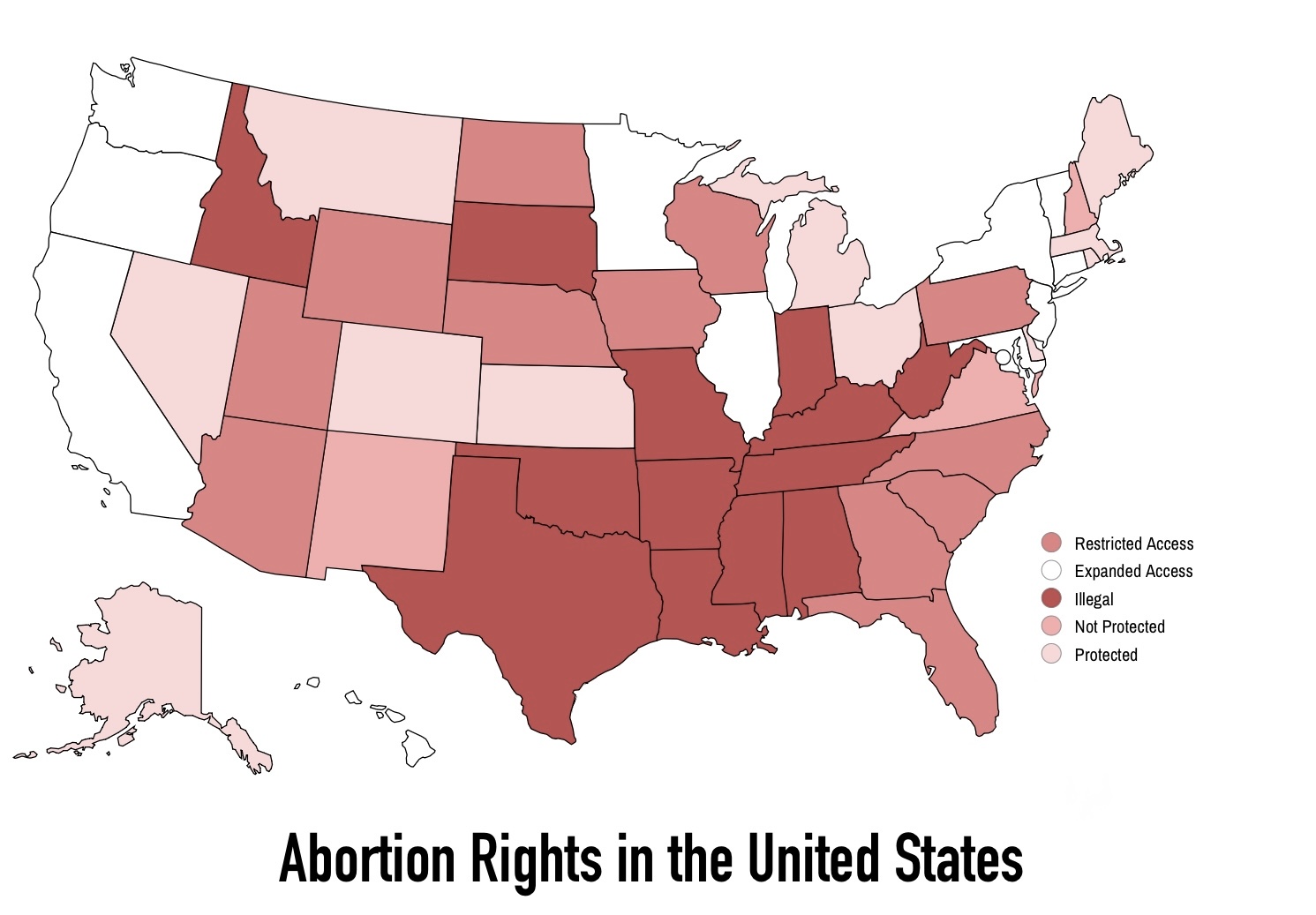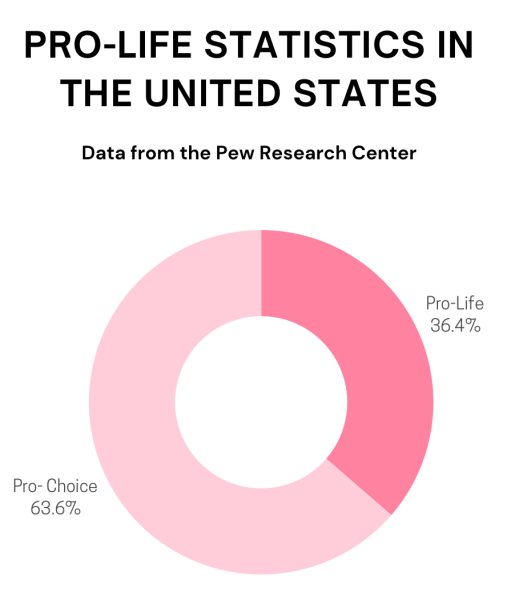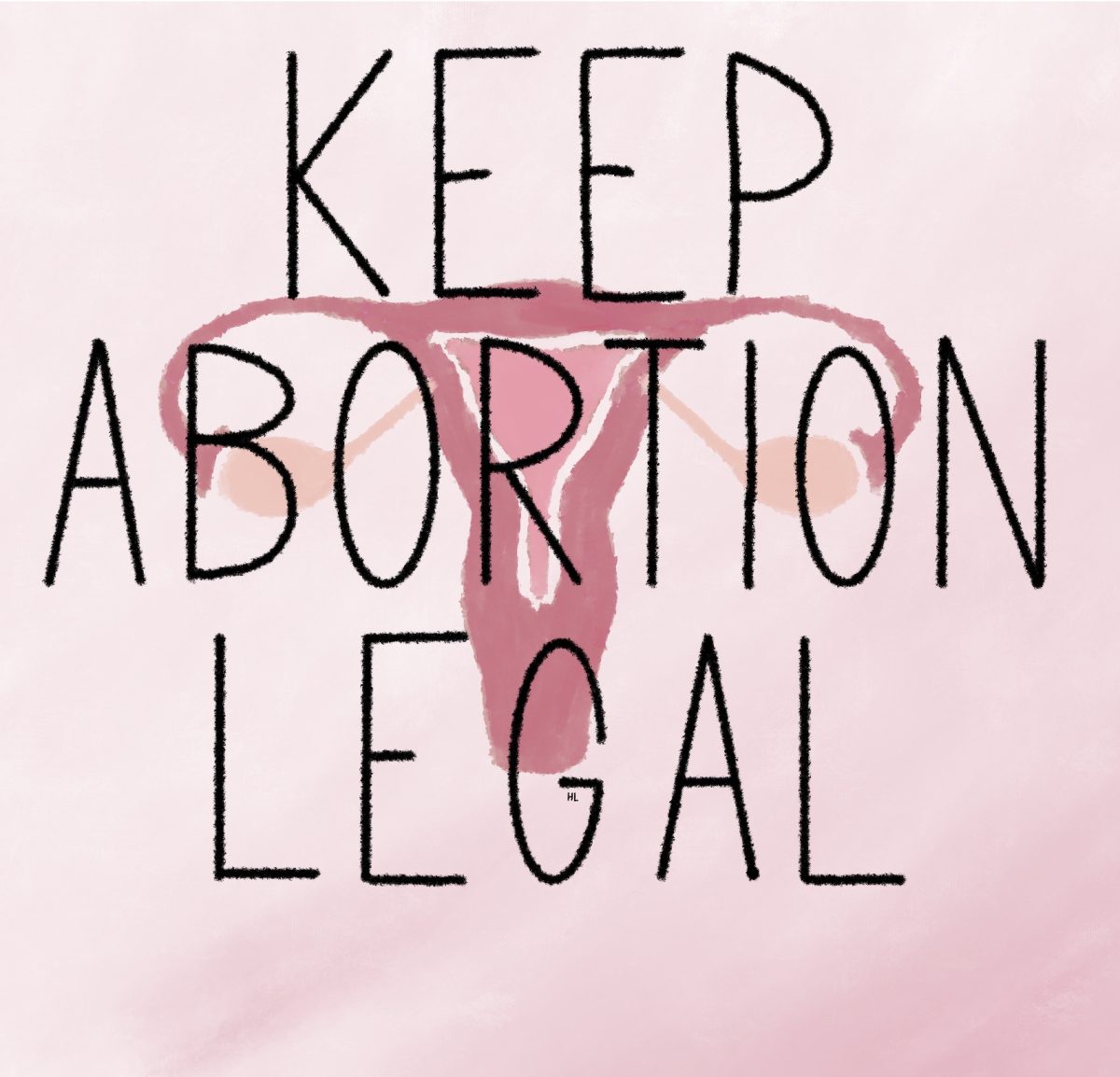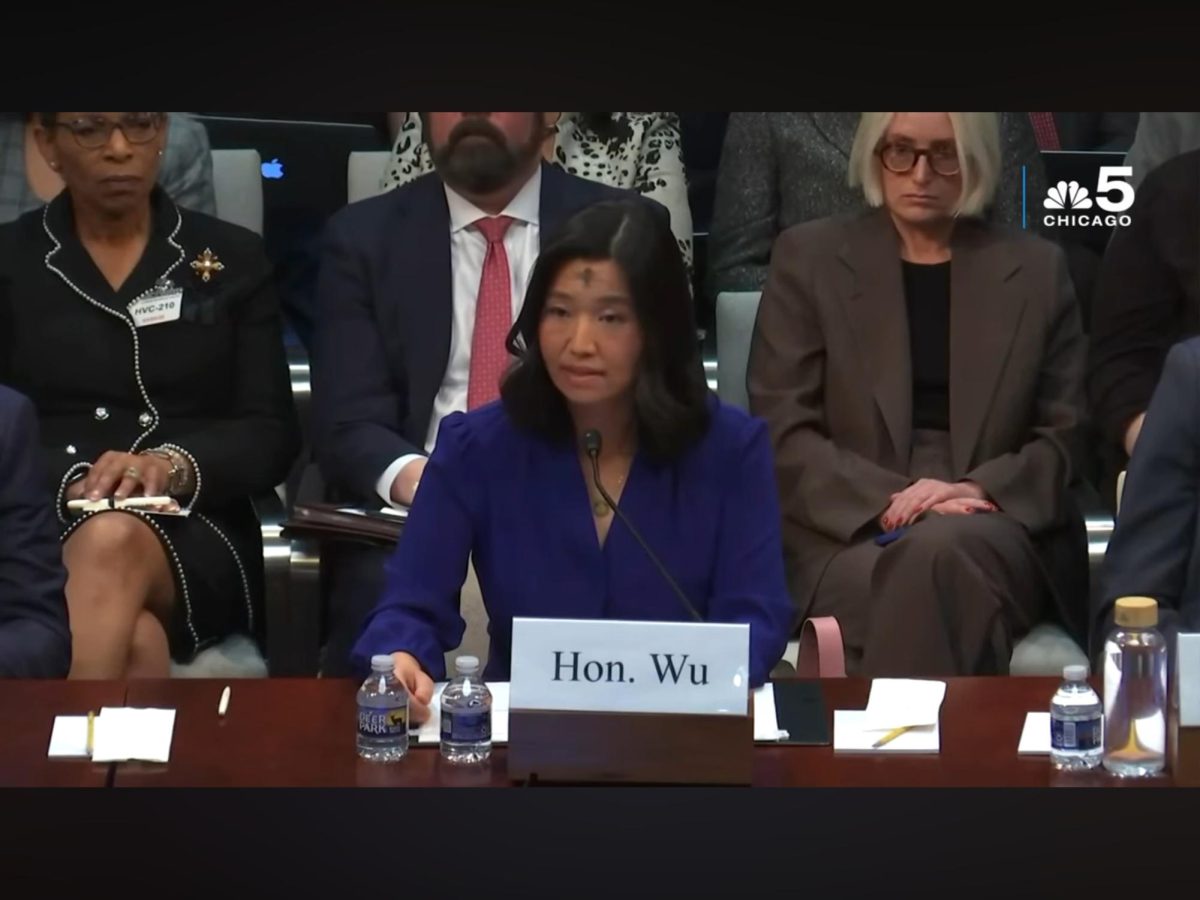After the overturning of Roe v. Wade, hundreds of thousands of women have faced difficulties finding and receiving proper reproductive healthcare. Abortion is a medical procedure that is imperative for the well-being and health of millions of women across the United States and shouldn’t be so heavily restricted.
The Supreme Court reversed Roe v. Wade on June 24, 2022, ending 50 years of federal protection for abortion rights. This allowed individual states to create their own abortion bans and restrictions with no federal limitations.

As of 2024, 41 out of 50 states have imposed partial or complete bans on abortion. 13 states have total or near-total bans on abortion, many with no exceptions for pregnancies that have resulted from rape or incest.

According to the Bloomberg School of Public Health, infant mortality is higher in states with heavier abortion restrictions than it is in states with fewer restrictions. Internationally, the maternal mortality rate in the United States has remained consistently higher in comparison to other wealthy, developed countries (with legalized abortion). Taking away abortion access often leads to more deaths and isn’t safe for expecting mothers or their future children.
The majority of women who access abortions are more likely to be low-income, and around one-half of pregnancies in the U.S. are unplanned. In states with abortion bans, health insurance doesn’t always cover abortion care. This means that abortion patients may have to pay thousands of dollars out-of-pocket in order to receive an often lifesaving medical procedure.
When added to travel expenses, this means that thousands of women in abortion-restricted states cannot access proper healthcare. This financial burden further limits their options and well-being.

According to an ABC news article, one woman named Jessica Bernardo was living in Texas when she found out that her fetus had organ failure and wouldn’t be able to survive after birth. Because of the unsafe pregnancy, Bernardo ended up developing a condition called Mirror syndrome, where fluid builds up in the body. Mirror syndrome can be fatal for both the mother and the fetus.
Despite Bernardo’s life being at risk, Texas’ many abortion laws prevented her from getting care in her home state. She was forced to spend over $7000 and travel over 1,600 miles to Seattle, Washington, in order to receive a procedure that was a matter of life or death for her.
Another story in the article featured a woman named Anya Cook, who lived in Florida when her water broke at only 16 weeks. After arriving at the hospital, she was hastily examined and then discharged even though she was clearly having an issue with her pregnancy.n
She delivered the fetus the following day “alone in the bathroom of a hair salon, hearing her daughter hit the toilet.”
If Cook had gone to a hospital in a state with fewer abortion laws, she would’ve been able to have a life-saving abortion. Yet Cook found herself with the misfortune of being a pregnant woman in Florida, so she was sent home and left to her own devices.
Because of this, Cook lost a potentially fatal amount of blood. She was put on a ventilator and had to stay in the hospital for nearly a week.
Pro-Life Arguments
“Pro-life” people often argue that abortion is murder and that it’s killing an innocent human being. Despite this, giving birth isn’t always the best option for the mother or the baby.

As previously stated, many women are forced to abort in order to protect their own livelihoods. For this reason, I think a better term for “pro-life” would be “pro-birth.” Abortion is a necessary life-saving procedure for many women. Are they really pro-life if they disregard the mother’s health?
What you can do to help
Because the power to create abortion laws resides in the hands of the state, there isn’t much that the average person can do to help legalize abortion. Despite this, it’s possible to help people seeking abortions by donating money to help pay for travel expenses and hospital bills. Crowdfunding on sites like GoFundMe is an effective way to support those in need.
The right to choose is fundamental to personal autonomy and societal progress, yet states’ abortion laws automatically make that choice for millions of women. Access to safe and legal abortion upholds equality and justice in healthcare; as we continue advocating for these rights, we must recognize that protecting access to abortion is essential for the well-being of individuals and the health of our communities.














